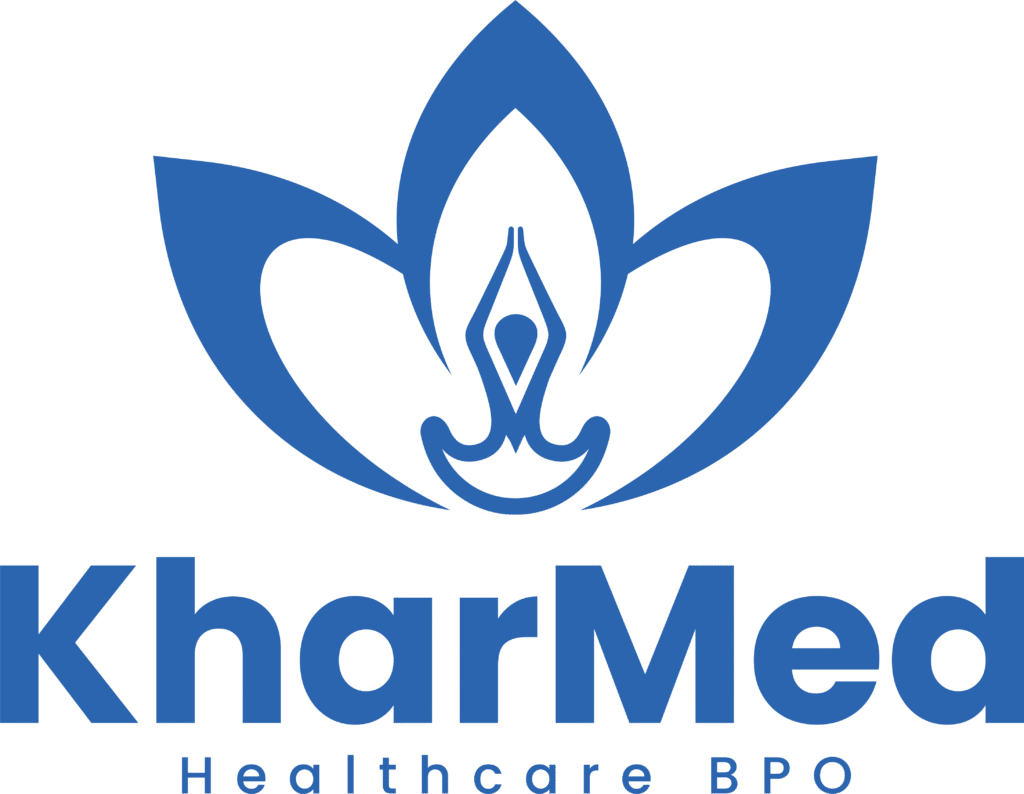Healthcare Business Process Outsourcing (BPO) is reshaping how medical providers operate. By outsourcing non-clinical tasks like billing, coding, and data entry, hospitals and clinics can focus more on patient care while reducing operational costs.
What is Healthcare BPO?
Healthcare BPO involves delegating administrative and IT-related healthcare services to third-party experts. This includes tasks such as:
- Medical billing and coding
- Insurance claims processing
- Data entry and management
- Patient support services
The goal? Boost efficiency, cut costs, and improve patient outcomes.
Why is Healthcare BPO Gaining Traction?
The healthcare BPO market is projected to reach $627 billion by 2029, driven by rising demand for cost-effective, tech-enabled services. It helps providers stay compliant with ever-evolving regulations while ensuring seamless operations.
Key Benefits of Healthcare BPO
1. Cost Efficiency
Outsourcing reduces expenses related to hiring, training, and infrastructure. BPO providers also bring economies of scale and use advanced technology for streamlined operations.
2. Access to Skilled Talent
Healthcare BPO firms offer global expertise in coding, billing, and analytics. Their professionals stay current with the latest compliance rules and tech innovations.
3. Focus on Patient Care
By outsourcing admin-heavy work, doctors and nurses can dedicate more time to patients. This enhances both care quality and staff satisfaction.
4. Improved Operational Efficiency
BPO streamlines back-end tasks such as appointment scheduling, claims processing, and record management—reducing errors and speeding up workflows.
Core Services in Healthcare BPO
Medical Billing and Coding
Trained coders convert patient visits into accurate claims. This ensures quicker reimbursements and minimizes billing errors.
Claims Processing
BPO providers verify insurance, submit claims, and handle rejections and appeals—ensuring better revenue flow for providers.
Patient Support
Services like appointment reminders, follow-ups, and call center support enhance patient experience and reduce no-shows.
Data Management
BPOs digitize records, maintain secure databases, and ensure compliance with data privacy laws—vital for modern healthcare.
Ensuring Regulatory Compliance
Healthcare BPOs must follow strict guidelines like HIPAA in the U.S. They use encryption, access controls, and regular audits to protect patient data. Dedicated compliance teams ensure adherence to evolving rules and minimize legal risks.
Role of Technology in Healthcare BPO
Automation & AI
AI tools speed up billing, detect claim errors, and power chatbots for 24/7 support. Automation handles repetitive tasks like email routing and data entry, improving accuracy and freeing up staff.
Digital Transformation & EHR
Electronic Health Records (EHRs) improve care coordination by making patient data instantly accessible. Cloud platforms enable secure, remote work, and telehealth tools offer care access from anywhere.
Supporting a Patient-Centric Approach
Healthcare BPO enhances patient care by managing non-clinical tasks efficiently. It enables:
- 24/7 helpline support
- Personalized communication
- Seamless appointment and billing experiences
These services increase satisfaction, reduce stress, and encourage proactive care engagement.
Financial Benefits of BPO in Healthcare
Revenue Cycle Management
Outsourced billing and claims services accelerate cash flow and reduce denials.
Optimized Cash Flow
Quick claims processing and follow-ups ensure consistent revenue, allowing providers to invest in better care and tech.
Lower Operational Costs
By outsourcing admin-heavy roles, providers cut labor and tech costs while improving efficiency.
Choosing the Right Healthcare BPO Partner
Key selection criteria include:
- Industry experience
- HIPAA and regulatory compliance
- Advanced tech infrastructure
- Scalability and flexibility
- Strong communication practices
Look for partners who offer customized solutions and share your values.
Future Outlook of Healthcare BPO
Challenges
- Data security concerns
- Regulatory complexity across regions
- Talent shortages in specialized roles
Opportunities
- Growth in telehealth and remote monitoring
- Expansion into emerging markets
- AI and automation for smarter operations
Conclusion
Healthcare BPO is no longer just a cost-saving tactic—it’s a strategic move to enhance patient care, stay compliant, and streamline healthcare delivery. As technology evolves, BPO will continue playing a central role in shaping the future of global healthcare.


Konsal
Collaboratively empower multifunctional e-commerce for prospective applications. Seamlessly productivate plug and play markets.
Konsal
Competently provide access to fully researched methods of empowerment without sticky models.
Konsal
Collaboratively empower multifunctional e-commerce for prospective applications. Seamlessly productivate plug and play market